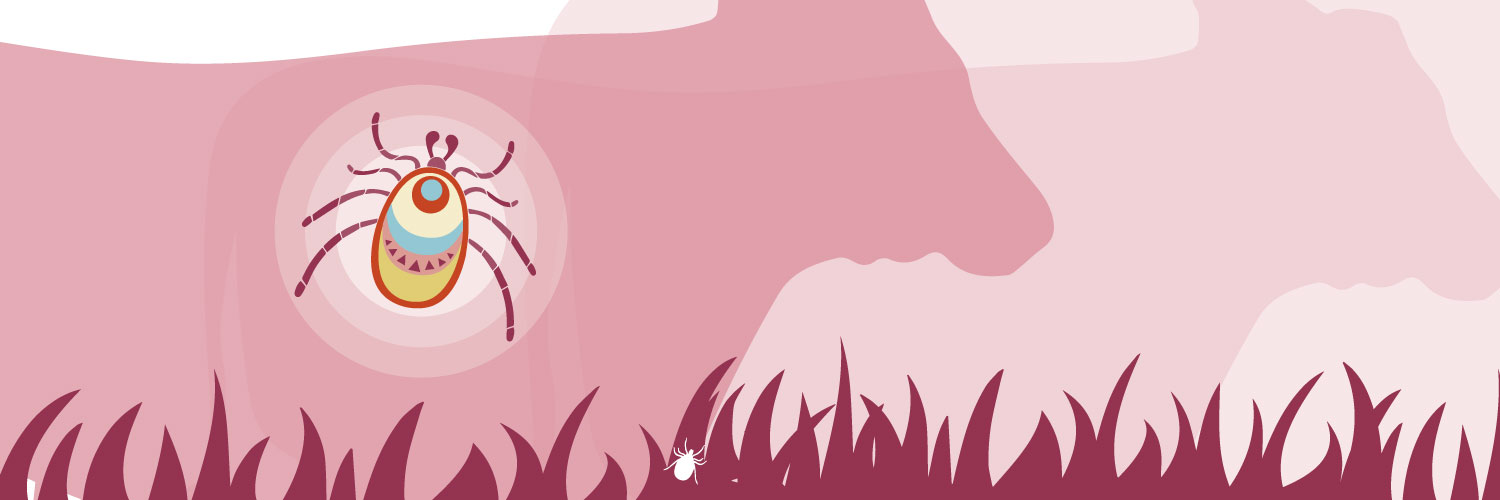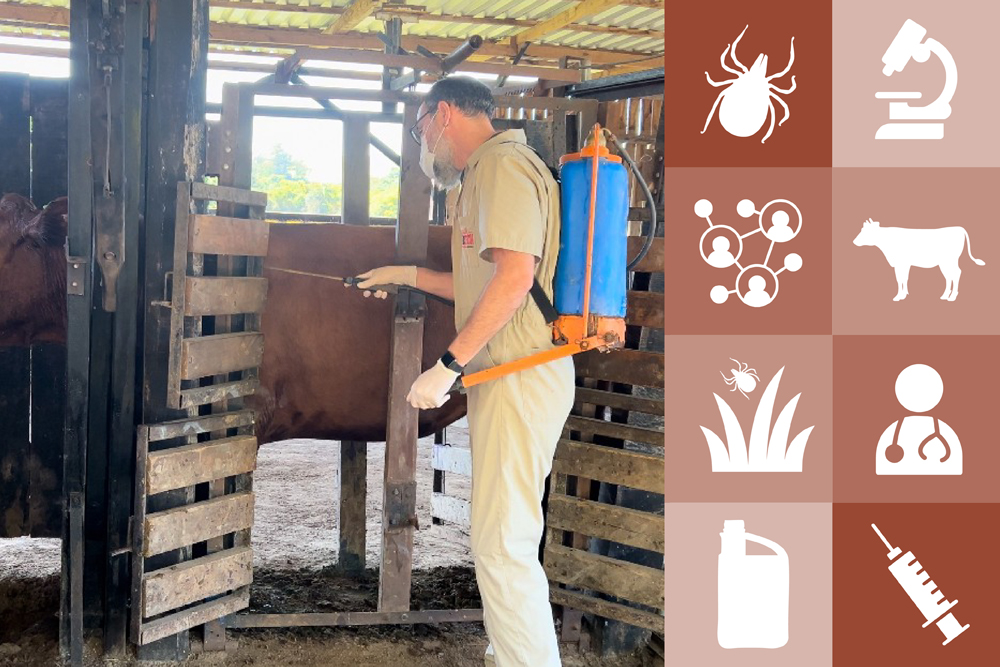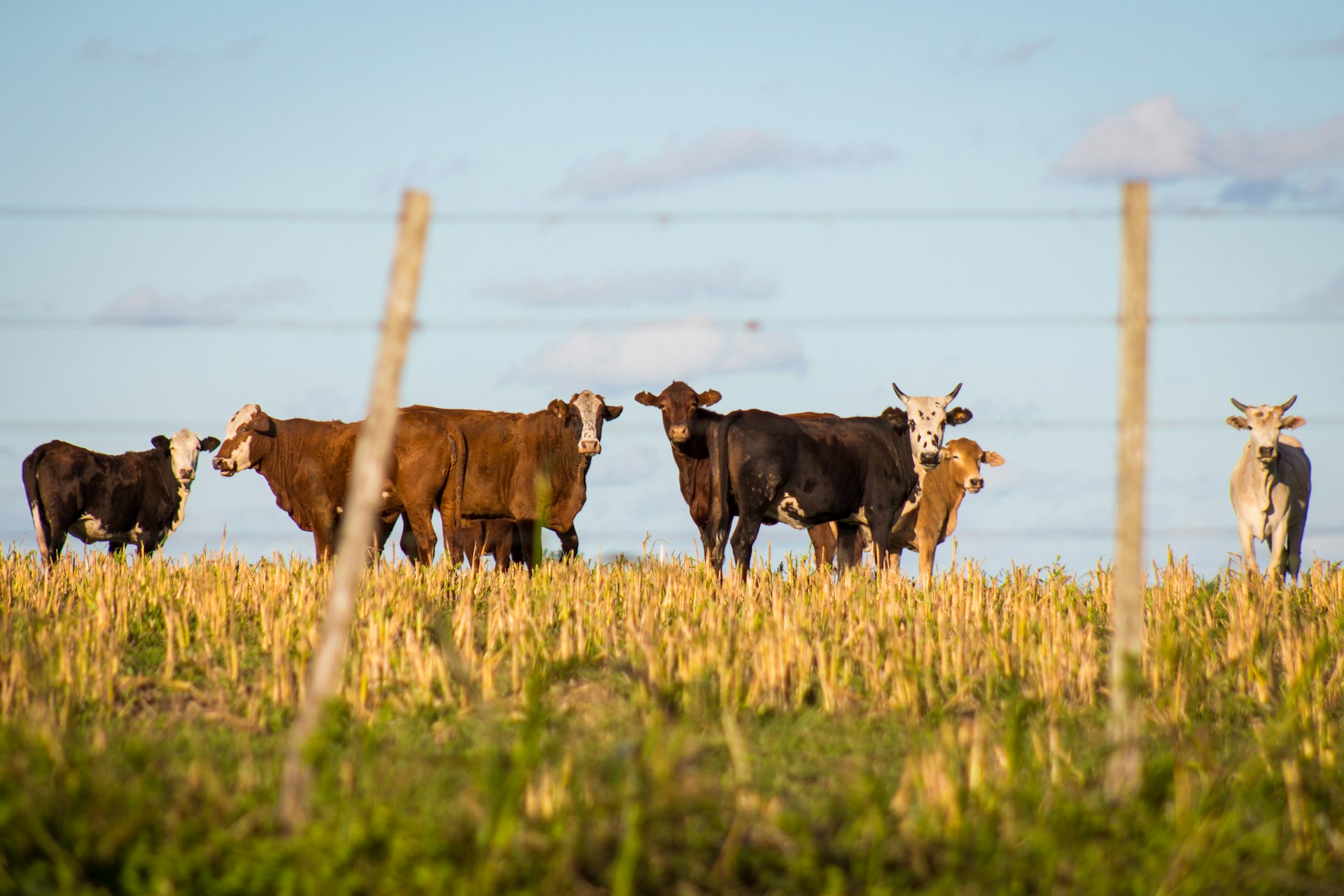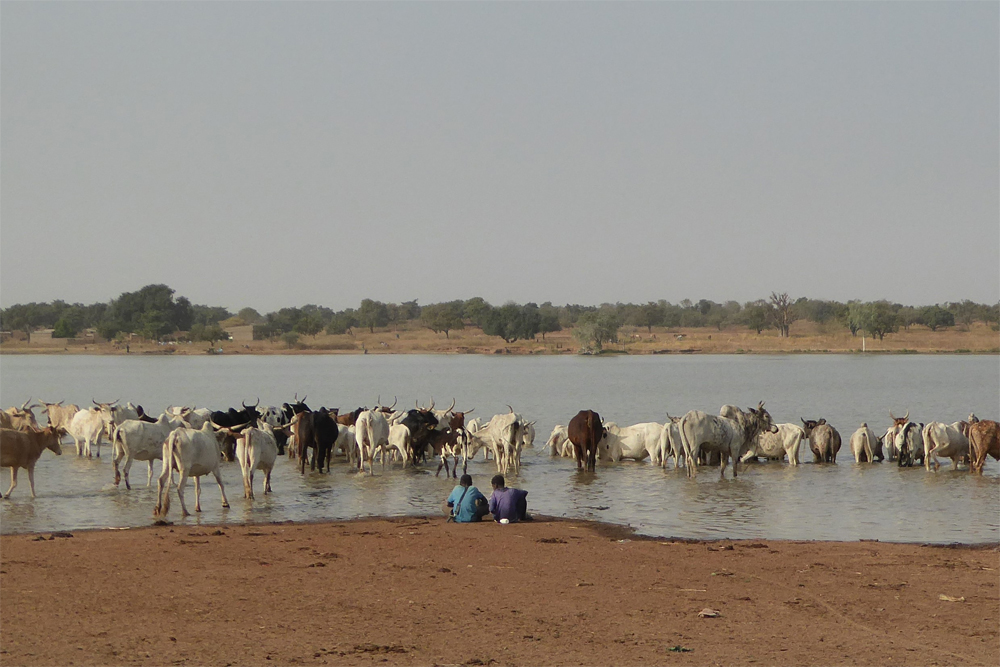
Online consultation on guidelines for sustainable tick control and acaricide resistance management in livestock
FAO published guidelines on resistance management and integrated parasite control in ruminants in 2004. Since then the number of scientific papers on antiparasitic drug resistance, especially in ticks, has sharply increased. As a result of this increased interest, a core group of international experts was set up to develop updated guidelines for sustainable tick control and acaricide resistance management in livestock.
The updated guidelines will consist of two parts, the guideline itself and technical documentation, which will be used by a wide range of stakeholders. In particular, they will support the work of veterinarians, animal health workers, veterinary pharmaceutical sales and technical staff, government officers, civil society and farmers and communities affected by cattle ticks. We hope these guidelines will guide future work and encourage cooperation between all stakeholders to collectively develop economically, socially, and environmentally sustainable solutions that strengthen the efficiency and resilience of agrifood systems.
Your opinion counts! By taking part in this consultation, you can provide suggestions and make improvements to this collective work.
To give feedback please join the Community of Practice where you will find a consultation questionnaire.
The consultation is open from 3 to 29 September 2024.
A community dialogue will take place on 18 September 16:00 - 18:00 CEST to ask any questions about the content of the guidelines and the consultation procedure. Register here
Find out more

Community of Practice
Tick control and acaricide resistance
An inclusive, international and multi-stakeholder community to address challenges, options and possible pathways for the sustainable management of ticks in livestock and acaricide resistance.

Ticks and acaricide resistance: A ticking time bomb for livestock
The increasing occurrence of acaricide resistance, where ticks develop abilities to survive despite the chemicals used to control them, has become a major concern for farmers, veterinarians, and public health officials worldwide.

Livestock tick control
Ticks and tick-borne diseases are widely distributed worldwide, especially in tropical and subtropical regions, where they represent an essential proportion of animal diseases particularly affecting the livelihoods of small-scale producers and endangering sustainable animal production and food security.
